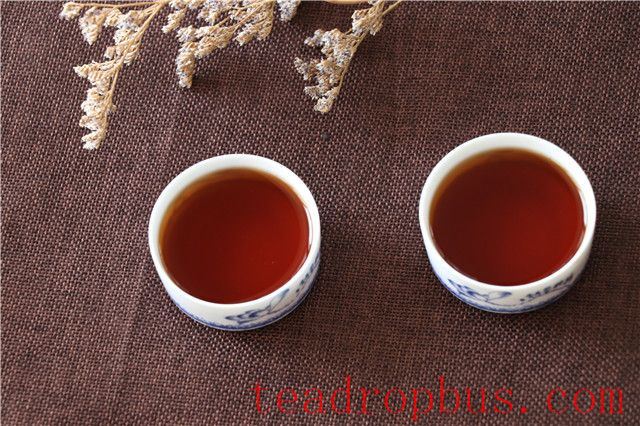Tea contains multiple components that can invigorate the mind, relieve fatigue, and maintain mental alertness. It can also delay aging, benefiting the elderly. Additionally, tea has detoxifying properties, effectively removing some harmful substances from the body. However, drinking too much tea can be harmful, such as drinking strong tea before bedtime which can cause insomnia and affect sleep quality.

Precautions for Drinking Tea in the Evening
Those who regularly drink tea know that it's not advisable to have too much in the evening, or it will be difficult to fall asleep. This is linked to the stimulating effects of tea. Therefore, when drinking tea in the evening, one should pay attention to the type of tea and the time of consumption, which is beneficial for health.
As people become increasingly reliant on tea, many friends also enjoy a cup during their evening rest. Drinking tea at night can be beneficial to health, but timing is crucial to avoid disrupting sleep.

Later on, the polyphenols in the tea gradually dissolve into the water, counteracting the effects of Caffeine, making it less likely to cause significant physiological excitement. Therefore, when drinking tea in the evening, simply discard the first infusion after about 3 minutes and refill with boiling water. The stimulating effect won't be as pronounced.
For those who prefer to drink tea in the evening, it's recommended to choose fermented teas like Black Tea. Green Tea, being unfermented, has a higher content of polyphenols and retains its original nature, making it more stimulating. Black tea, on the other hand, is fully fermented, with fewer polyphenols and a milder, gentler character, making it suitable for evening consumption. Adding milk to black tea can help warm the stomach and promote sleep, especially for those with weak spleen and stomach.
Tea lovers are aware that tea has stimulating effects and should be consumed sparingly in the evening to avoid sleeplessness. However, this overlooks the dual nature of tea, both red and green, which can both stimulate and soothe the brain, making the mind more alert and flexible while also helping to induce sleep. The key lies in how, when, and how much you drink, as these factors determine the overall effect.

The caffeine and polyphenols in tea have a significant impact on the brain's nervous system. After Steeping for around 3 minutes, approximately 70%–80% of the caffeine dissolves into the water, giving the tea a clear stimulating effect, making one feel more awake.
Note: In summary, it's not advisable to drink excessive amounts of tea in the evening; moderation is key to avoid disrupting sleep. Experts advise that when consuming tea daily, one should consider their own physical constitution to ensure a healthy and enjoyable experience.